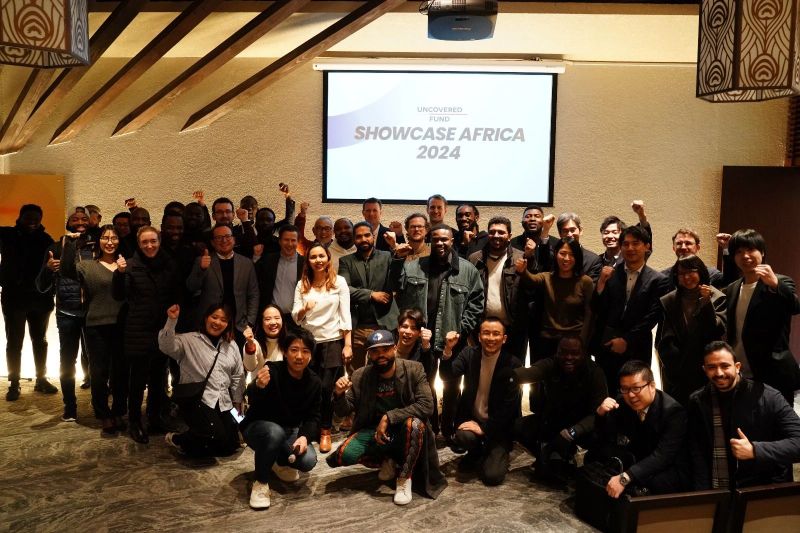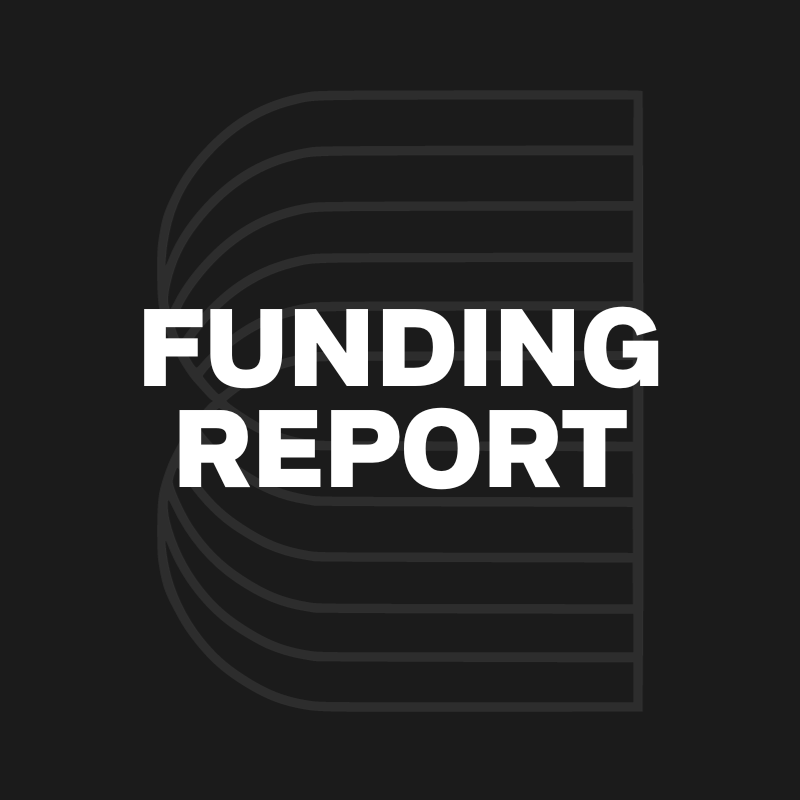Tunisia, Africa’s northernmost nation, has a nascent technology landscape, which could be due to factors such as the high mobile penetration rate and the state’s desire to focus on development in technology. Broadly, the Tunisian economy is diverse, ranging from tourism, agriculture, mining, and the export of petroleum products. Policies such as the Start-up Act of 2018 boosts the local tech start-up landscape. This legal framework was the first of its kind in Africa and supports local start-ups with funding and tax relief to promote entrepreneurship and progress.
Reforms like the aforementioned Start-up Act, have led to growth in the number of tech hubs and investors in the country. Whilst the market is not large (when compared to Nigeria or Ethiopia perhaps, with populations of more than 100 million), the unanimously approved Start-up Act of 2018 incentivizes development. The act aims to “unleash and realize the full potential of entrepreneurship in Tunisia.”
The act is not exclusive to purely tech businesses but supports those using new technologies. Since 2018, we have seen funding for innovation in Tunisian start-ups like Enova Robotics, a robotics start-up developing robots for security, healthcare and other applications, to Dabchy, a peer-to-peer online fashion marketplace.
Since the passing of the Start-up Act, Tunisia has had to contend with Covid-19 that led to health and economic challenges and political unrest.
According to the Worldbank, the pandemic also caused declines in tourism and manufacturing sectors, which are economic pillars of the country. As a result, the GDP contracted by 8.8%.
As regards the tech start-up landscape going forward, 2021 has seen the highest funding amount secured by a Tunisian start-up: Expensya, an online expense management software start-up, raised $20 million USD in a venture funding round. The round was led by MAIF Avenir and Silicon Badia and backed by ISAI and Seventure Partners.
Here we look at other start-ups that have raised funds over the past 2 years:













